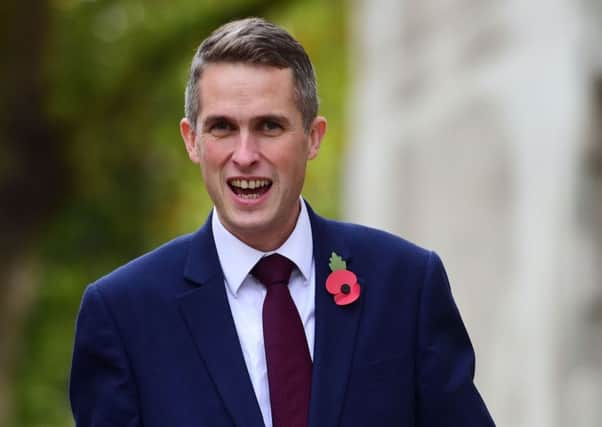Afghan interpreters who served next to British troops given visas


Defence secretary Gavin Williamson said changes to the Government’s relocation scheme mean more volunteers who served in Helmand province will be granted visas in recognition of their “unflinching courage” at carrying out duties “fraught with great difficulty and danger”.
They will be allowed to start a new life in Britain alongside their wives and children, with about 200 new visas set to be issued.
Advertisement
Hide AdAdvertisement
Hide AdThe Government has been attacked in the past for its treatment of former staff such as interpreters and has been accused of “abandoning” them following the conflict, leaving them open to intimidation.
Mr Williamson said: “Frontline patrol interpreters were the unsung heroes of the military campaign in Afghanistan.
“I cannot be clearer in expressing our nation’s eternal appreciation to these brave individuals who regularly risked life and limb to help defeat our enemies and protect us from terrorists. But we owe them more than just warm words.”
Existing rules mean only interpreters who were still serving in December 2012 are eligible for asylum.
But the criteria is to be extended by six years, meaning all interpreters who were made redundant after serving at least a year on the front-line from May 2006 will be eligible to settle in the UK.
Defence minister Mark Lancaster in December said said Britain’s policies to help Afghan interpreters remained “fit for purpose and properly meet our responsibilities”.
But Mr Williamson said they “failed to take account of the immense sacrifice and service of many who had left before (2012)”.
He added: “We will do what is right to honour their extraordinary service.”
Mr Lancaster said in December that Ministry of Defence (MoD) schemes had relocated more than 385 former staff and their families to the UK.
